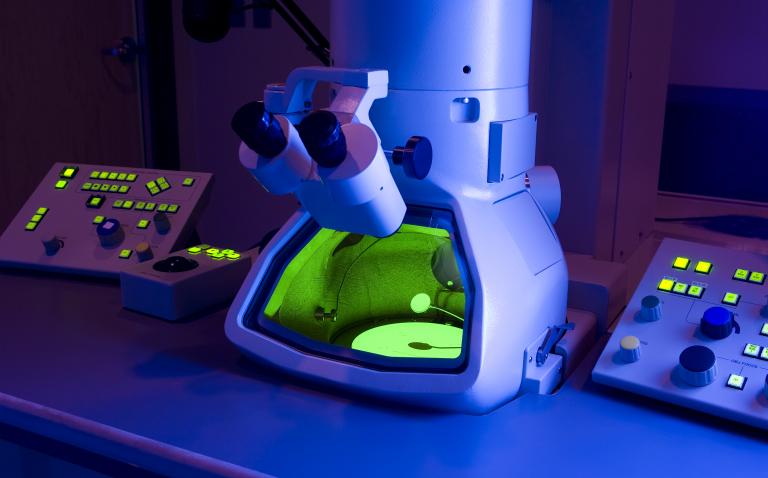Scientists have identified a new internal regulator that helps control the body’s response to fight infection.
The discovery could be a target for new drugs to tackle autoimmune diseases, such as lupus and scleroderma, where healthy tissues are attacked by the body’s own immune system.
“We want to put a brake on the body’s own immune system to stop it turning on itself,” said Dr Elton Zeqiraj from the University of Leeds.
“Our discovery has the potential to help us find a new drug to target this regulator, to suppress the immune system and stop the body destroying its own cells, even when there is no infection present.
“We’re a long way off being able to find a new effective treatment for autoimmune disease, but we’re excited because this discovery could open the door to a new class of drugs.”
Autoimmune diseases include a wide range of difficult-to-treat conditions, including Type 1 diabetes and rheumatoid arthritis.
The scientists used powerful cryo-electron microscopes at the University of Leeds’ Astbury Centre to reveal the structure of the regulator, comprised of two proteins in the body called BRISC and SHMT2, to understand for the first time how they work together in a cell.
The protein complex acts to increase the immune response of cells, which occurs when they detect an invading pathogen.
Dr Elton Zeqiraj continued: “The microscopes have allowed us to understand the structure of this protein complex in superb detail, and by building an accurate 3D model, we discovered that it plays a completely unexpected role in regulating our immune response.
“The next step is to find a way of targeting this protein to inhibit the process, to prevent our immune system from attacking healthy cells.”
The international collaboration of scientists and clinicians included co-first authors Dr Miriam Walden from Leeds and Dr Lei Tian from Pennsylvania, as well as researchers from the University of Liverpool, The Wistar Institute (Philadelphia), UbiQ Bio BV (Amsterdam), Warsaw University of Life Sciences and Lund University.
The research was primarily funded by the Wellcome Trust, The Royal Society, the National Cancer Institute, the Lupus Research Alliance, and Scleroderma and Raynaud’s UK.
Sue Farrington, Chief Executive of Scleroderma and Raynaud’s UK, said: “Thousands of people in the UK are suffering from autoimmune diseases like scleroderma, which can cause serious skin problems that can greatly reduce quality of life.
“We are very proud to have helped fund this important scientific breakthrough, and we hope this can open up a new avenue for drug discovery so that we can create more effective treatments for autoimmune conditions.”










